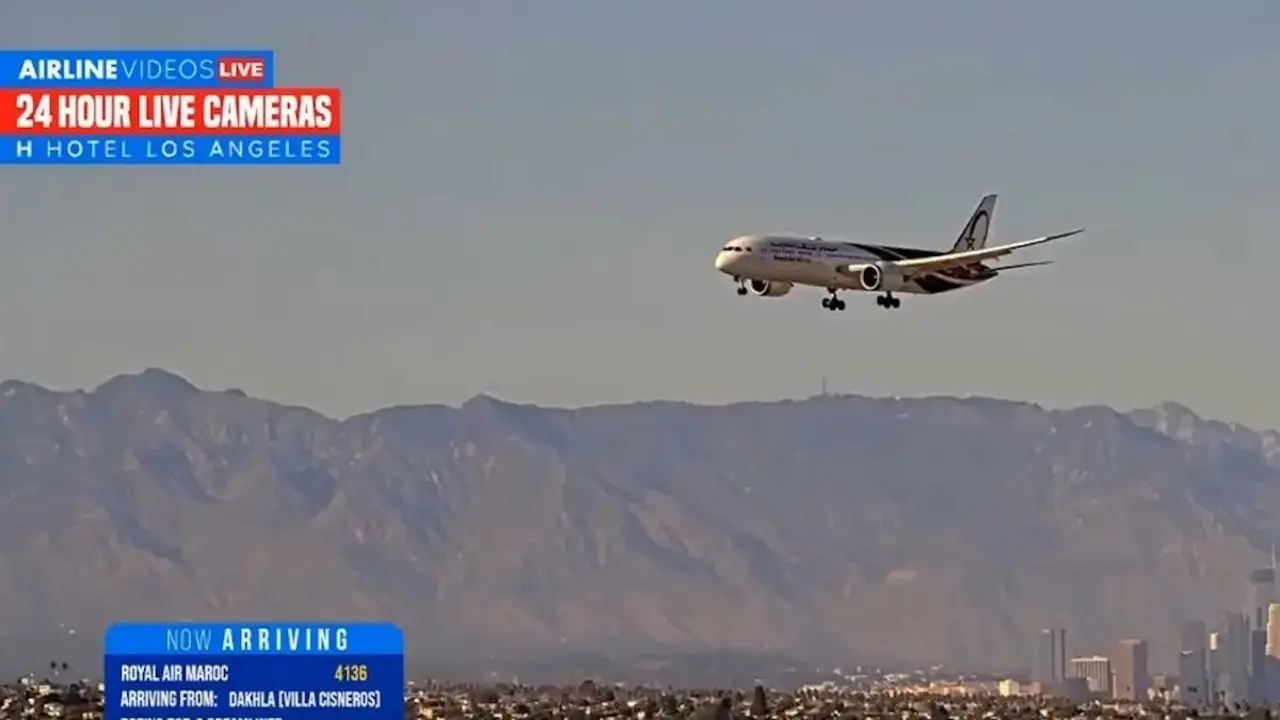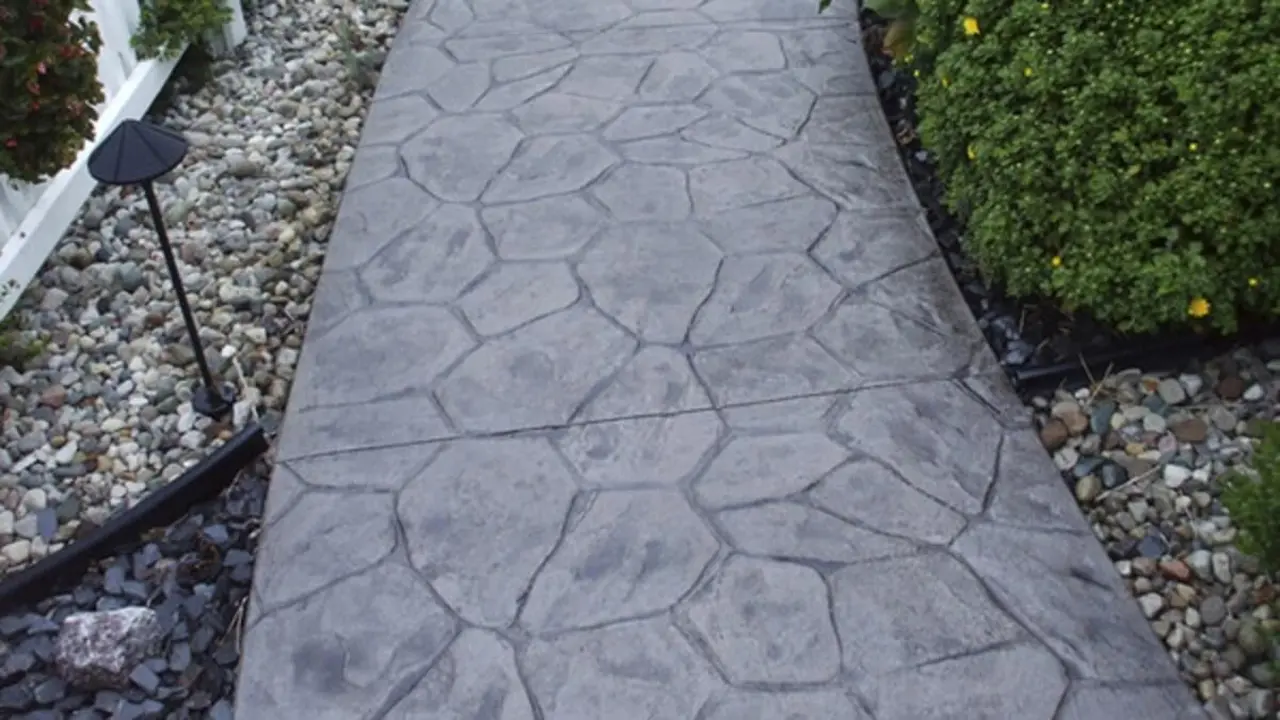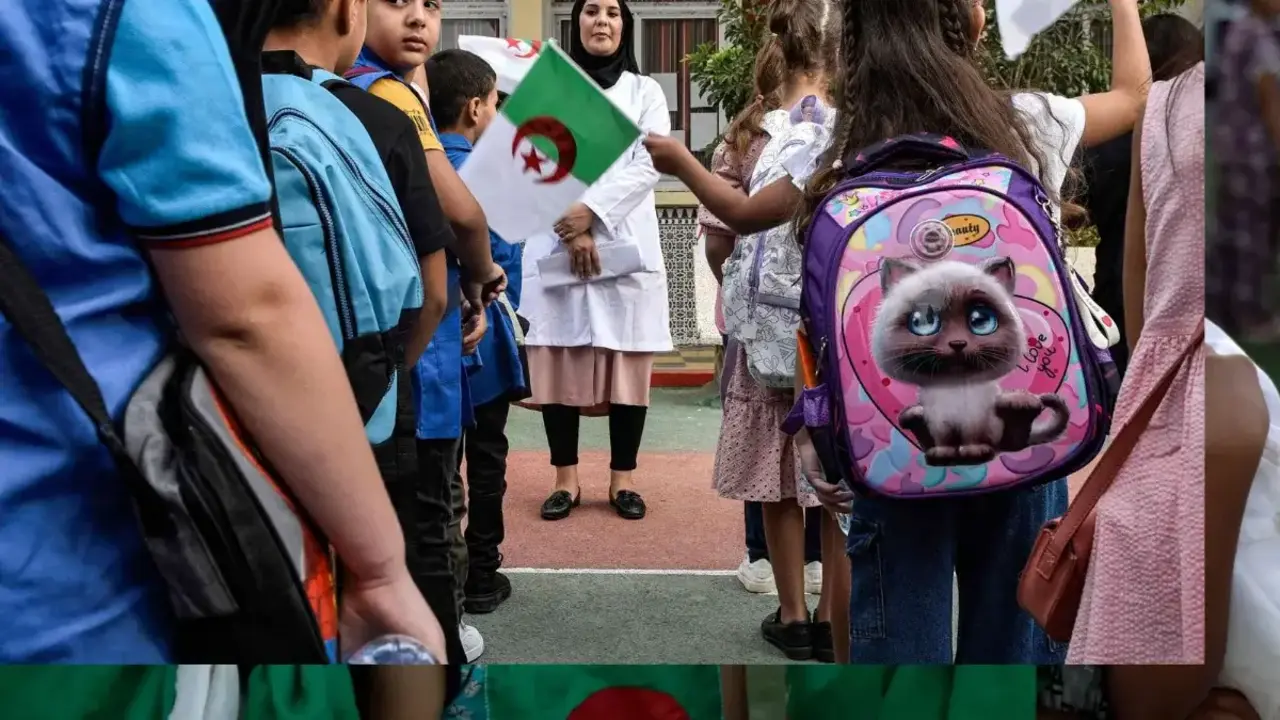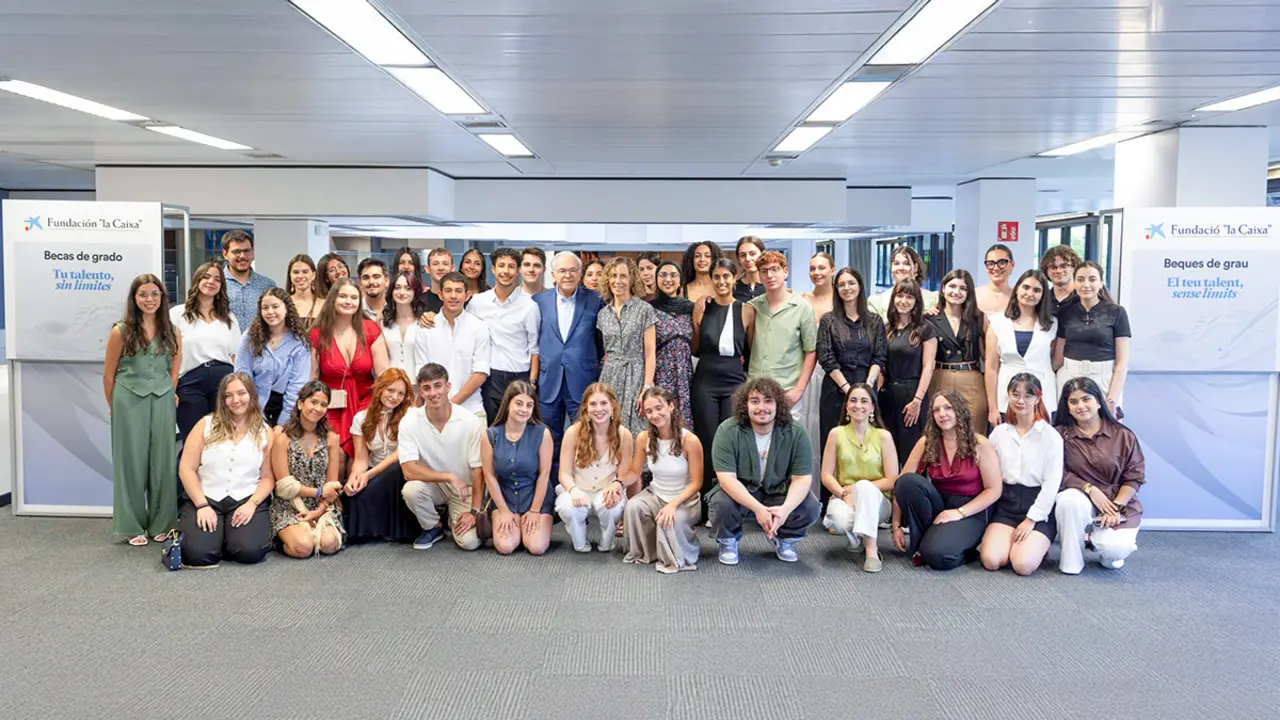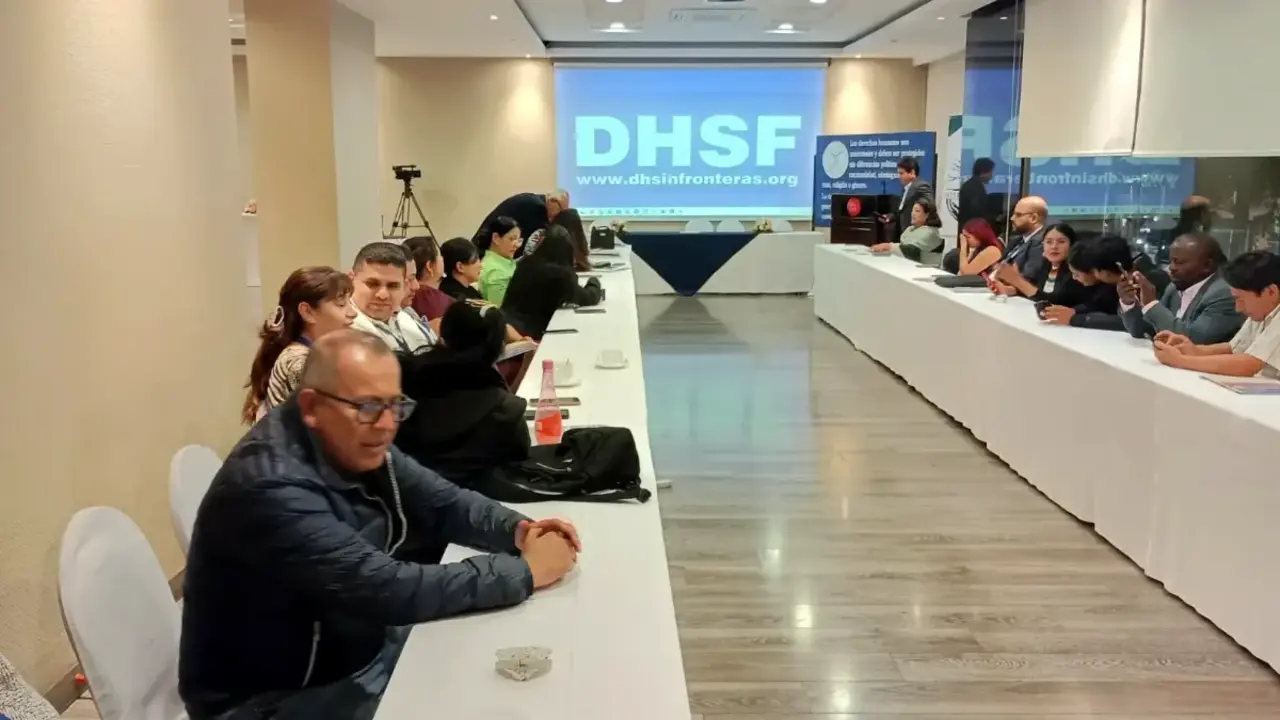Philippe Lazzarini: "In Gaza there is an absence of political processes and solutions"
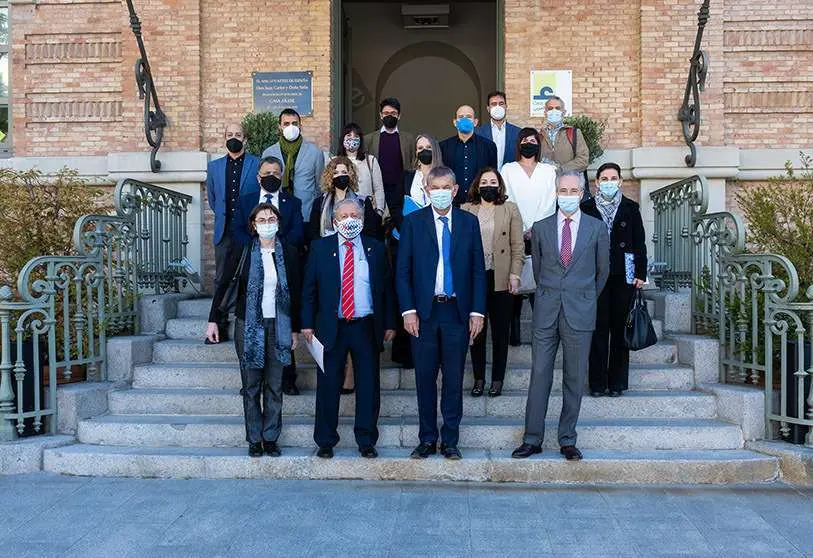
Since the beginning of the Arab-Israeli war in 1948, territories close to the conflict have been hosting intermittent waves of Palestinian refugees fleeing and continue to flee war and destruction. Today, recent events between Palestinians and Israelis in Gaza, Jerusalem, Hebron, Safed and Acre have led to Palestinians being forced to leave their homes, which have been destroyed by bombardment.
In this context, Palestinians are the second largest refugee group in the world after Syrian refugees. Palestinians fleeing the conflict are currently in refugee camps in Lebanon, Jordan, Syria, Gaza and the West Bank. Faced with this situation, and having experienced a long history of Palestinian flight from the Israeli-Palestinian conflict, the UN founded the United Nations Relief and Works Agency for Palestine Refugees in the Near East (UNRWA) on 8 December 1949 to ensure access to education, health and humanitarian aid for Palestinian refugees.
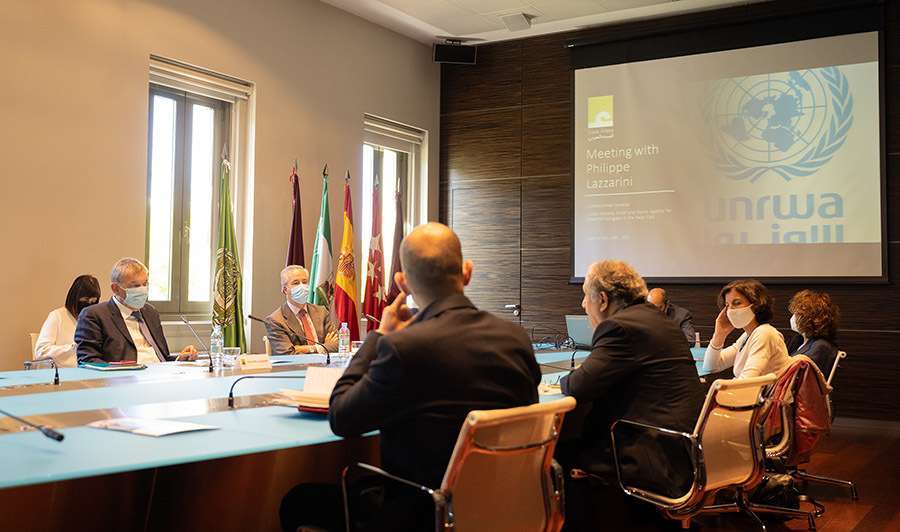
According to data recorded by the Agency, 5.6 million refugees have benefited from the services offered by UNRWA, but the organisation denounces the "international neglect" they feel on the part of the international community, as well as its concern over the growing escalation of violence in recent days between Israelis and Palestinians. Along these lines, the Commissioner General of the United Nations agency in UNRWA, Philippe Lazzarini, during his visit to Spain, denounced that "there is a lack of real political processes to provide solutions to the conflict". Now, in addition to the renewed confrontation, there is the COVID-19 pandemic, a health situation which has already aggravated the situation in the camps.
The latest bombardment of Gaza has claimed the lives of 27 Palestinian children and destroyed two schools. This situation has worried Lazzarini, who wanted to express "the feeling of abandonment that people are experiencing as they have no opportunities, not even for access to the world of work". The Commissioner stressed that "people are angry and hungry" and explained the current situation by asking a rhetorical question: "Should we die for COVID or for Israelis?
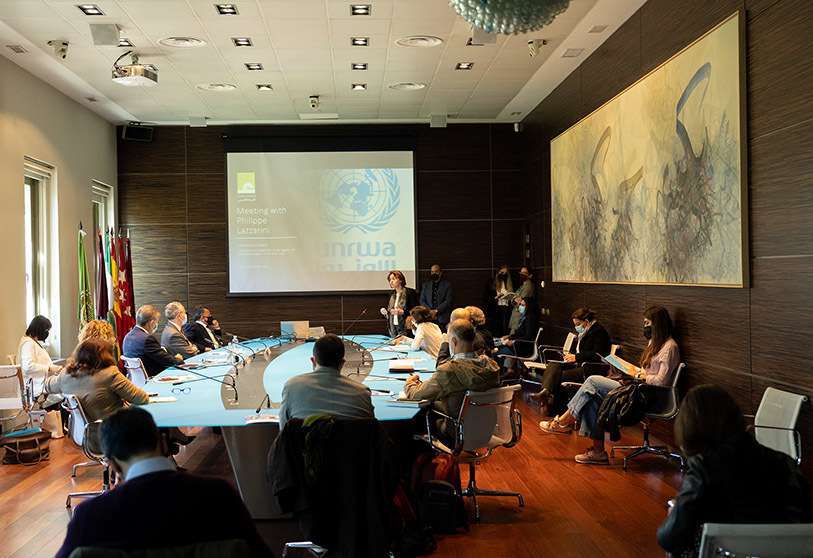
In this sense, Lazzarini denounced the death of "four refugee minors" last Tuesday in the Beit Hanun camp in Gaza. In this area, successive waves of COVID-19 have affected the population in an area that is currently "overpopulated". In this regard, UNRWA denounces that the civilian refugee population in the camp is being attacked and that the current pandemic has brought the health system in the area "to the point of collapse" because of the people in need of health care due to the virus and now because of the wounded from the military attacks. According to the Agency, 8.7 million patients a year visit the health care provided by UNRWA and it currently has 141 health centres deployed.
On the other hand, in terms of education, UNRWA is running one of the largest education systems in the Middle East and receives 533,342 students free of charge in 709 schools. In this sense, Lazzarini stressed that "education is the best solution to conflict" and emphasised that, in terms of education, UNRWA "is doing more than any government". However, the new air strikes perpetrated against schools hinder an already dramatic situation and worsen the services and facilities that the Agency makes available to the refugee community. In this line, the Agency appeals to the need to continue investing in "the modernisation of services" both in terms of infrastructure and technology.
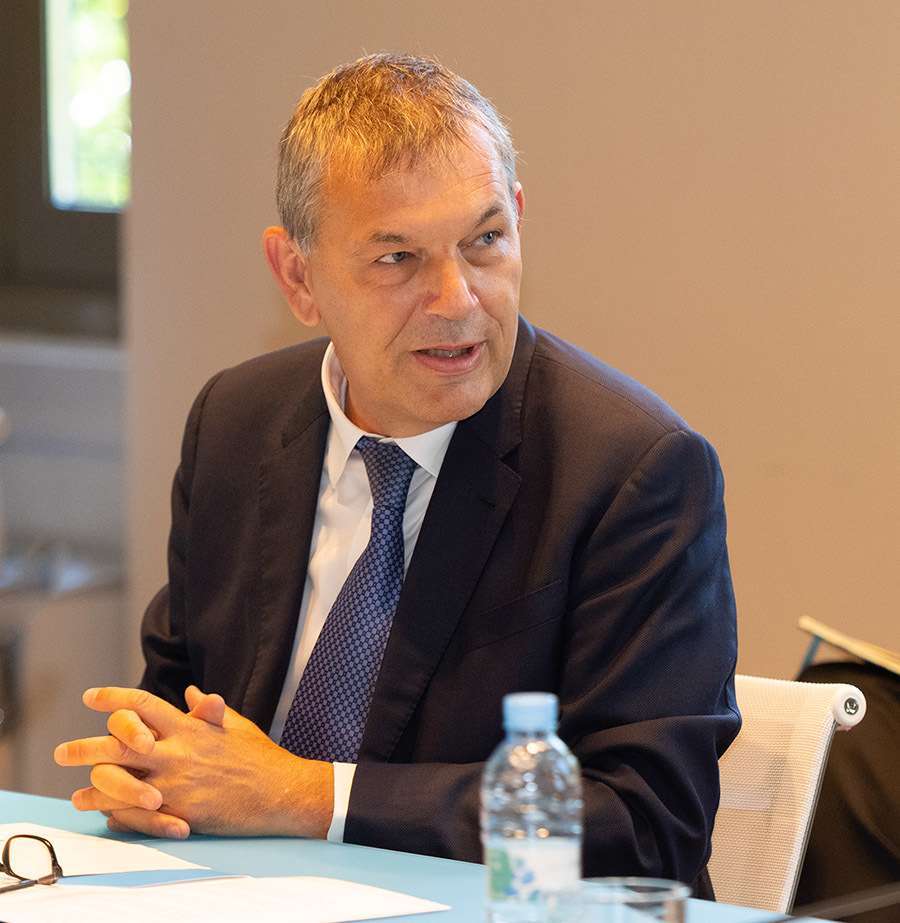
However, the situation of the managed camps remains precarious. Access to internet and electricity continues to be one of the main problems facing the camps, along with the limited digitisation process in the area resulting in a lack of opportunities for access to the digital world and employment. At the moment, according to UNRWA figures, 438,000 Palestinian refugees in Syria are totally dependent on the humanitarian aid offered by the Agency and many of them are part of the 140,000 Palestinians who fled Gaza because of the destruction and damage to their homes in the bombings during the conflict in 2014. In this regard, the challenge now facing these refugees is to follow security measures to prevent the spread of the pandemic and to be able to "make a living".
Even so, Lazzarini and members of UNRWA are hopeful both for the work that UNRWA is doing on a social level and for the support they are receiving from countries such as Spain. In this regard, members of the Organisation have "thanked Spain for its continued help to UNRWA to continue providing humanitarian aid and support to the Palestinian refugee population".



